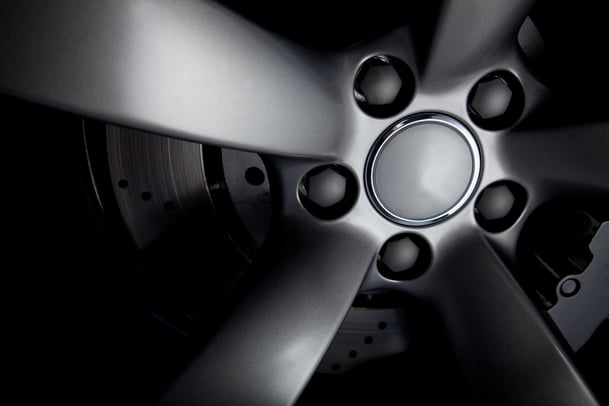 By now, most people have heard about lemons—those cars that may look good, but come riddled with problems. While there are lemons in the new car world, you’re more likely to get one when buying used. And those who have had the experience of buying a lemon often have plenty to say about it, and none of it good. So how do you avoid lemons? The key is research, knowing what to look for, and taking some precautions.
By now, most people have heard about lemons—those cars that may look good, but come riddled with problems. While there are lemons in the new car world, you’re more likely to get one when buying used. And those who have had the experience of buying a lemon often have plenty to say about it, and none of it good. So how do you avoid lemons? The key is research, knowing what to look for, and taking some precautions.
Avoiding a Lemon
The first step toward finding a good used car is to avoid the lemons. There are a few things that will help you do that:
- Check in, out and around the car – Do a full car inspection before you purchase. Look under the hood (look for bad wires, wet spots and rust), check the interior, and look carefully at the exterior, including underneath if you are able to. Lastly, don’t forget to look at the tires, they can be costly to replace. Some used car dealers allow you to have a personal mechanic do a check on the car you’d like to purchase. If you’re not confident in your skills, then it can be worth it to pay for a pre-purchase inspection from a reputable auto mechanic.
- Do your research – If you have a car you’re interested in, take the time to look up reviews online. Kelley Blue Book, Edmunds.com, Car and Driver and many other places have both consumer and critic reviews. Look into reliability ratings, repair costs and if there seems to be a consistent issue with a particular make and model.
- Drive it – Another excellent way to get a gauge on a car is to test drive it in as many circumstances as possible. Try it in a neighborhood, on the freeway, do sharp turns—and don’t forget to turn the radio off and open a window to listen for odd noises. Also, fiddle with the different systems. Does everything work? Don’t just whip around the block and call it good.
- Get a vehicle history report – Dream used cars come with pristine owner records—you know, those people who track every oil change and inspection. However, that’s a rarity, which means you’ll want to get as much information as possible from a vehicle history report. The more in-depth the report, the better.
Looking for the Best Used Car
One key to avoiding a lemon is to be prepared before you shop. Know what you want. For example, are you looking for a car, truck or SUV? Do you need good mileage, the power to tow, or are you looking for a roomy family ride? Fire up the computer before you go shopping and start a list of models, their values and the ratings. Although it’s nice to love the way your car looks, don’t disregard excellent ratings for a “pretty” vehicle. In the end, that could end up costing you more money. Also, sometimes with less popular models, you can get more of the features and options you want.
Look into dealer reputations in your area as well. You don’t want to buy from a brand new used car dealership, nor do you want to use one that has extensive poor ratings. Look for multiple reviews that say, I got a lemon here, then avoid those dealerships. If you are onsite at the dealership, ask what insurances and safeguards they have. Do they offer a limited-time warranty? Are their vehicles certified? Has the vehicle been inspected by a mechanic? Every small action they take to reassure their customers is a positive sign.
Extended Warranties and Inspections
Many experts agree that your two biggest safeguards are to have your prospective purchase inspected by an outside mechanic, and to invest in an extended warranty. Look for a mechanic in your area that conducts pre-purchase inspections. An extended warranty can assist in the case of costly or frequent repairs you may encounter earlier on in your ownership.
Lemons are certainly out there, but there are also a lot of ways to avoid them, especially if you do your research and take preventative measures. However, if you ever happen to end up with a less than stellar purchase, don’t forget to check out Texas’s lemon law.





